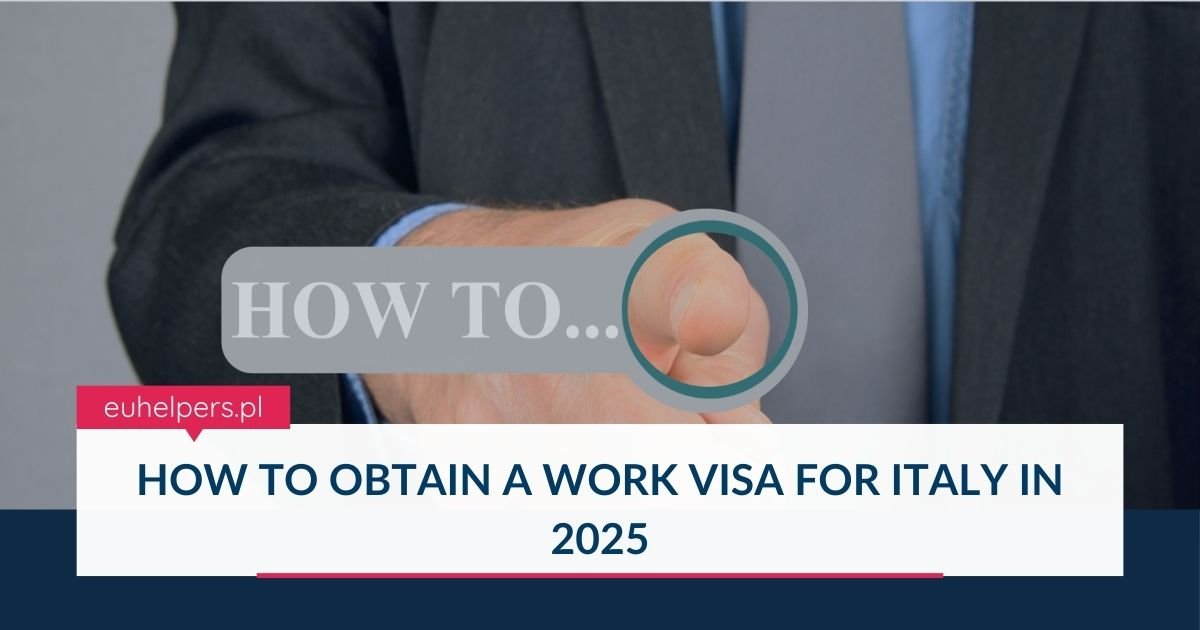If you’re considering working in Italy in 2025, it’s crucial to understand the legal requirements for employment. These requirements vary significantly depending on whether you are an EU citizen or a citizen of a non-EU country. Here's a comprehensive guide to help you navigate the process.
Working in Italy as an EU Citizen
Citizens of EU countries enjoy the benefit of working in Italy without the need for work permits or time restrictions. All you need is a valid ID or passport and your Italian tax number, known as codice fiscale. To obtain a codice fiscale, you must submit a request to the Agenzia delle Entrate (Italian Revenue Agency).
While you do not require a visa or work permit, EU citizens are still required to register their presence in Italy. To do this, visit the nearest police station (Questura) and complete the necessary forms and documents.
Working in Italy as a Non-EU Citizen
For citizens of non-EU countries, a work visa is mandatory to work legally in Italy. Several types of visas are available depending on your nationality and the nature of your employment. Below are the main categories:
1. Seasonal Work Visa
This visa is valid for up to nine months and allows workers to change their place of employment but not their type of work. Seasonal workers who are invited by the same employer for two consecutive years are eligible to apply for a long-term residence permit valid for up to three years. Additionally, such candidates receive priority for employment quotas when reapplying.
2. Visa for Employment with an Italian Employer
If you secure employment with an Italian employer, you will need to apply for a temporary residence permit (permesso di soggiorno) within eight days of arriving in Italy. The visa application must include a professional development plan outlining your intended growth within the company.
3. Visa for Highly Qualified Specialists
Highly skilled professionals can apply for the European Union Blue Card (Carta Blu). Issued by the local police commissioner (Questore), this visa requires proof of qualifications such as notarized educational diplomas, certificates of advanced training, language proficiency documentation, and letters of recommendation from previous employers.
4. Visa for Individual Entrepreneurs
Entrepreneurs from non-EU countries who wish to start a business in Italy can apply for a work visa based on self-employment. In this case, the entrepreneur is responsible for obtaining their work permit. Applicants must provide evidence of financial stability and demonstrate the feasibility of living and conducting business in Italy.
Exceptions to Employment Quotas
Certain professions are exempt from Italy’s employment quotas. These include translators, university-level foreign language teachers, and academic professionals such as professors or researchers. If you fall into one of these categories, you may have a smoother path to employment in Italy.
Once you’ve identified the visa that best suits your situation, ensure you prepare all required documentation and submit your application to the Italian consulate or embassy in your home country. Proper planning and adherence to Italy’s legal requirements will make your transition to working in Italy both smooth and rewarding.
Start preparing today and take the first step toward living and working in one of Europe’s most culturally rich and scenic countries!

